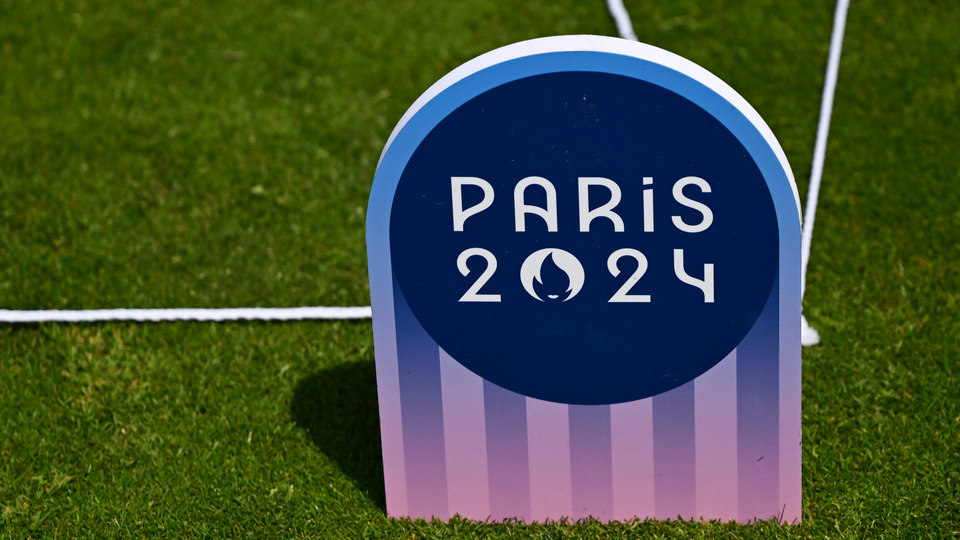Earlier this month I read a vastly entertaining piece in the sports pages of The Guardian, authored by Jonathan Liew. Its headline was ‘Go big or go gnome: how Chelsea’s transfer dealings inspired my new business venture’. In what was a spectacular spoof (at least I presume it was a spoof), the aforementioned new business venture was trading in garden gnomes. (Although he said he had no garden!) One sentence which perfectly encapsulated the sense of the article was “All the while I was still buying gnomes at a ferocious rate, to the point where I was forced to buy a garden centre in France to showcase my excess stock.” As a parody of Chelsea’s transfer strategy, it was bang on the…er, money.
I mention this in part because it may be worth your while to read it, even if you’re a Chelsea fan. Actually, maybe especially if you’re a Chelsea fan. But I think the same writer was way off the mark in one respect when in a column after the Paris Olympics he gave his reasons why some sports should be culled from the summer Olympic Games and cited this for why golf should be one of them. “It’s a poor-value event for the land it takes up and its distance from the main show. Quite apart from the fact that its founding values – avarice, solitude, peace and quiet – are essentially anathema to everything the Olympics is.”
I’ll return to the core subject in a moment but it is obviously a nonsense to claim that ‘avarice’ is one of golf’s founding values. The PGA Tour and LIV Golf may be all about money but they do not represent the mainstream of the game. When golf was ‘invented’, they were nowhere near the picture. Having said that, swap the word ‘avarice’ for ‘integrity’ and one has a valid argument – although I am not sure that many people other than the IOC boss, Thomas Bach, would readily associate the Olympics with integrity. So perhaps golf doesn’t truly belong for that reason?
Golf was reintroduced to the Olympics after a hiatus of 112 years in Rio in 2016. That was about two Olympic Games later than had been envisaged when the campaign for its reinstatement was ignited by the recognition of Tiger Woods as the most famous sportsman on the planet. Of course, if it had been staged in Beijing in 2008, Tiger’s surgery post his ‘one-legged’ victory in the US Open that year would surely have ruled him out anyway. There are other reasons to question golf’s role in the Olympics – for example, it is not the pinnacle of the sport: a professional golfer would rather win the Open Championship or the Masters than an Olympic gold medal. The same equivalence is true for tennis. On the other hand, as I mentioned in a blog a month ago, Tommy Fleetwood regards his silver in Paris as a never-to-be-forgotten career highlight.
Who knows what the future holds for sports in general? But I am sure of one thing. There will need to be a huge increase in the ubiquity of garden-gnome collecting before their agglomeration becomes sufficiently dosh-generating for it to be considered an Olympic sport.
You can follow Robert Green on Twitter @robrtgreen and enjoy his other blog f-factors.com as well as his golf archive on robertgreen-golf.com

